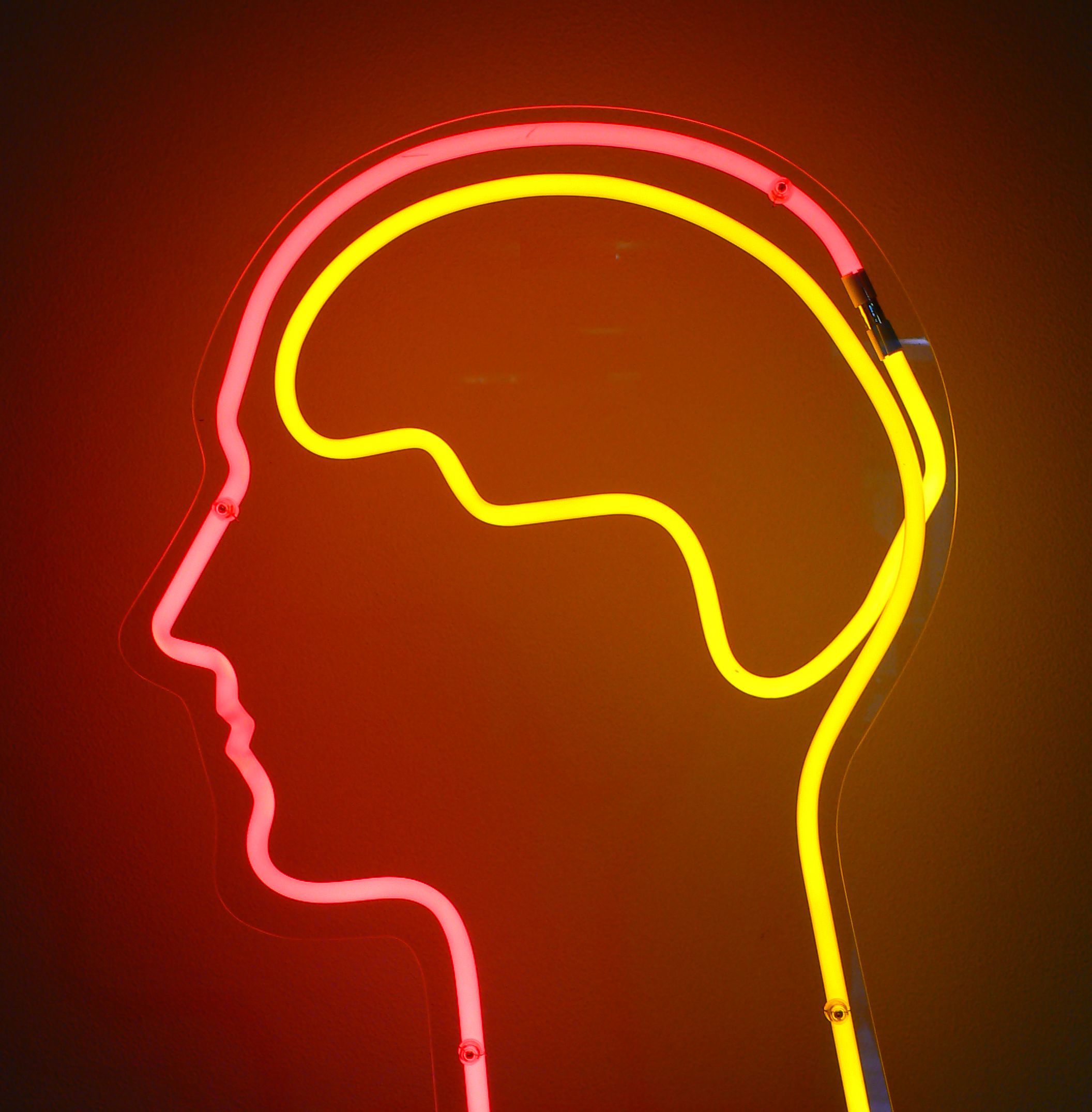
In a paper decades and many autopsies in the making, researchers concluded that suffering a head injury that results in loss of consciousness—even if it occurs only once—may significantly elevate one's risk of Parkinson's disease.
This is significant, in part, because the type of injury studied is not the "repetitive, mild type of trauma" caused by playing football, which is in the spotlight now for leading to grave degeneration later in life. Paul Crane, the lead author on the paper and a professor in the department of medicine at the University of Washington School of Medicine, along with his fellow researchers, looked at the "garden variety, most typical" type of head trauma, known as traumatic brain injury with loss of consciousness. An injury of this type could happen to anyone who suffers a blow to the head. The researchers found the common injury may elevate a person's risk for Parkinson's disease later in life, including cases where it happens only once.
However, the researchers did not find any relationship between this type of head trauma and the development of dementia or Alzheimer's later in life, though past studies have drawn that connection.
The paper, published Monday in JAMA Neurology, pooled data from three major studies that began in the 1990s and tracked (and continue to track, for participants who are still alive) people's brains as they age. Two of the studies reviewed data from sets of randomly chosen participants, while the third was a long-term study of priests and nuns living in orders across the country. Of these more than 7,000 participants, 1,500 have resulted in brain autopsies, which were included in the JAMA Neurology paper, making it the largest ever study on this topic.
"That's a massive number [of autopsies], an extraordinarily large study," Crane says. The data is especially valuable because all three studies began before the participants developed any neurodegenerative disorders, making participants' answers to questions about prior head trauma highly reliable. (Often, Crane says, when people already have Parkinson's disease, they are "particularly concerned with anything that might have contributed to their having Parkinson's," and so they may inadvertently overemphasize aspects of their health history when filling out a survey.)
The researchers found that study participants who reported having hit their head at some point in their lives and lost consciousness for an hour or more had a rate of Parkinson's disease that was 3.5 times higher than patients who did not sustain similar head trauma.
Overall, it appeared that any head trauma that included loss of consciousness of any length of time—even less than an hour—was associated with a faster progression of "Parkinsonian features," which is not a Parkinson's diagnosis but rather a constellation of "not so specific" symptoms that progressively get worse, such as tremors and unsteady gait. These symptoms are typically associated with Parkinson's disease but also with a variety of other age-related diseases, like dementia, explains David Bennett, the director of the Alzheimer's Disease Center at Rush University and a co-author on the JAMA Neurology paper.
Meanwhile, Crane expects to work on many more papers drawing from the massive data set used for this research. It isn't every day one has access to so much long-term data and so many brain autopsies, he says. "These studies exist because of the generosity of the participants, just volunteering for a study out of the goodness of their heart," he says. "Over a quarter say, yeah, you can have my brain when I die. That's pretty remarkable."
"We're hoping to plumb it for many years. There's so much we still don't know about the aging brain."
Uncommon Knowledge
Newsweek is committed to challenging conventional wisdom and finding connections in the search for common ground.
Newsweek is committed to challenging conventional wisdom and finding connections in the search for common ground.
About the writer
Zoë is a senior writer at Newsweek. She covers science, the environment, and human health. She has written for a ... Read more





